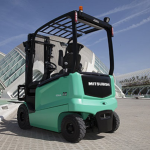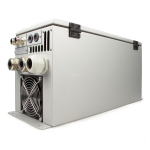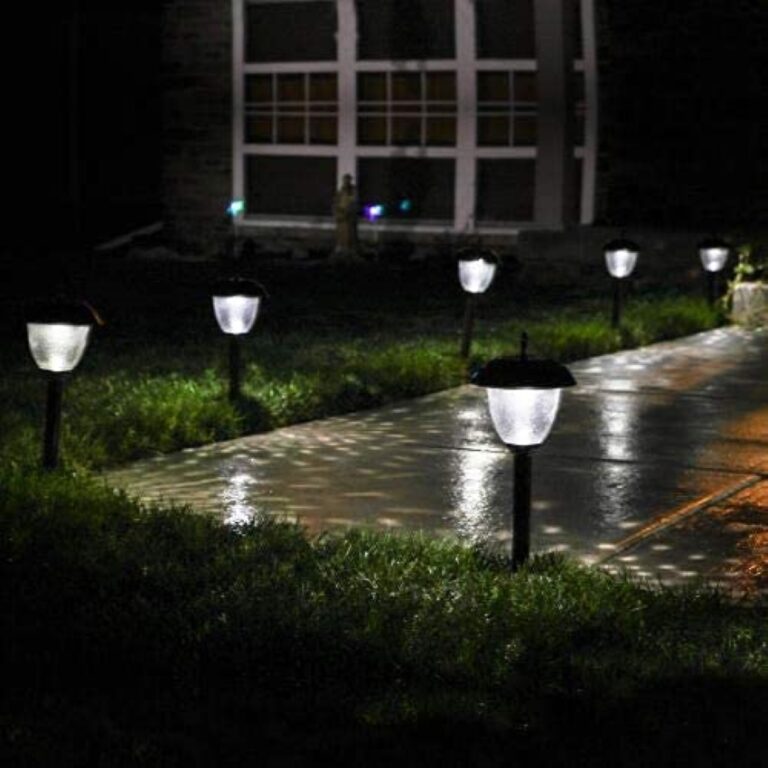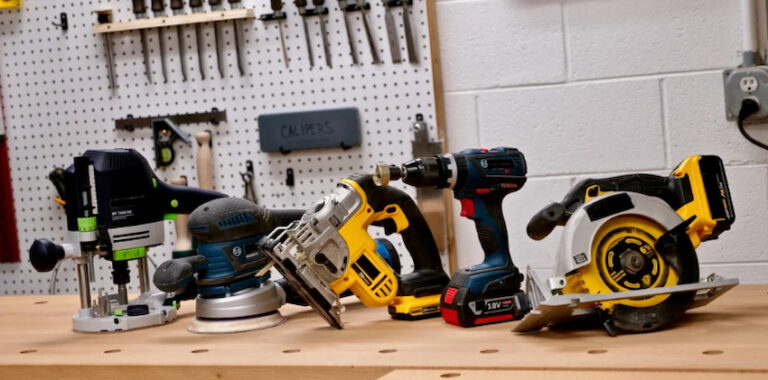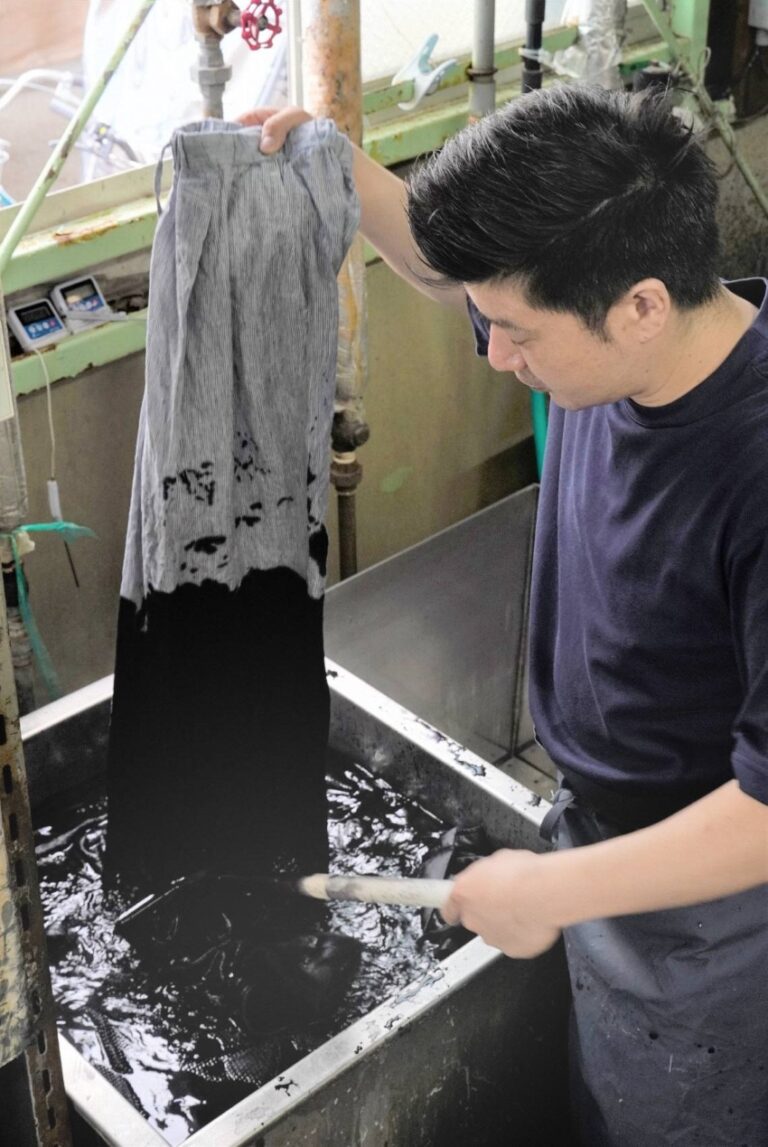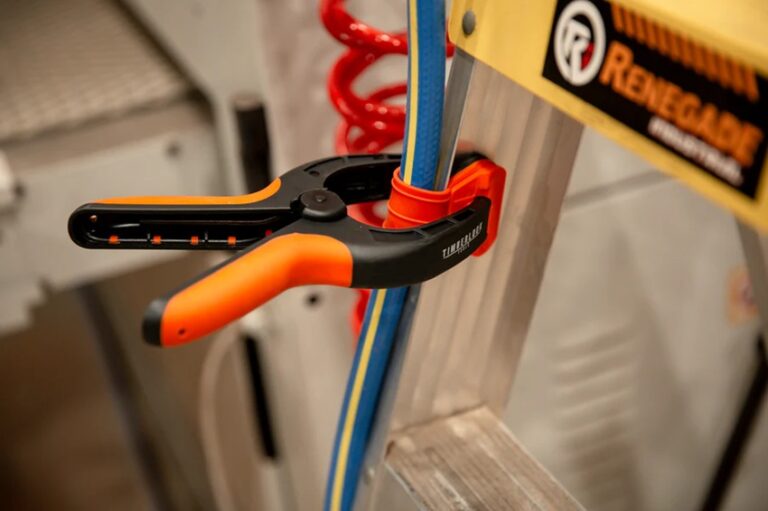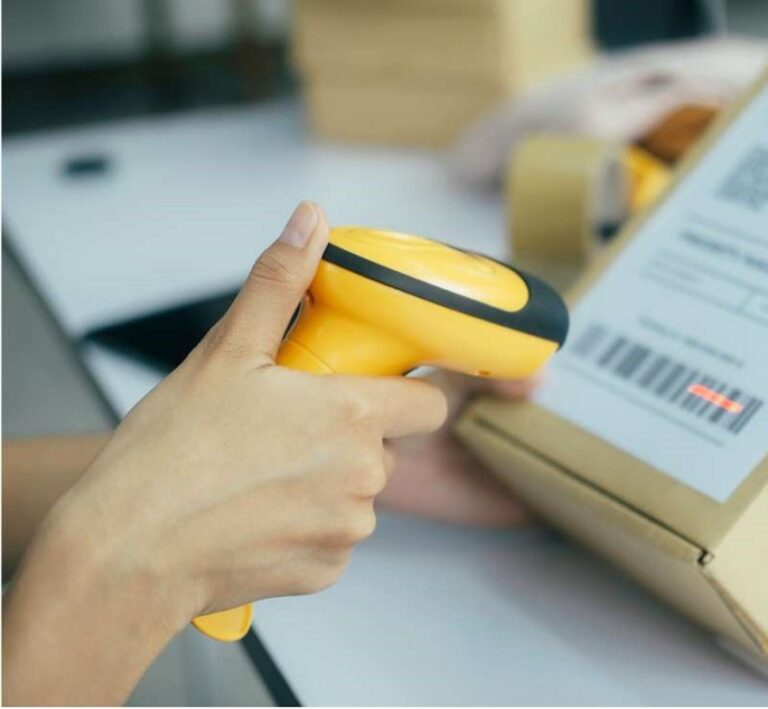Looking for an effective way to keep the electricity on in your home when the grid utility power fails? Instead of installing a costly permanent backup system on your property, you might prefer getting a portable petrol generator. This piece of equipment is movable and perfect for powering homes when grid power is not available.
When shopping for a generator, you will come across a lot of vendors talking about the fuel efficiency of diesel generators, but this doesn’t mean that it is the best option for every application. For most homeowners who are in need of a generator for emergency or backup use, petrol is the fuel of choice. Here are the reasons why.
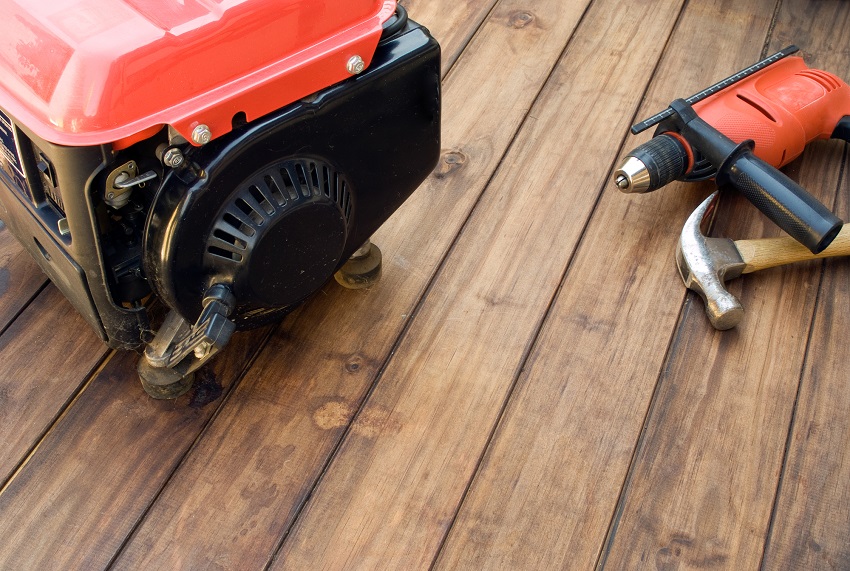
Less Expensive and Less Noise
When compared to diesel generators, petrol models are generally less expensive. Plus, they are available in more models and price ranges, which increases your chances of finding the perfect portable petrol generator to fit your budget and needs. Furthermore, they run quieter and produce less harmful carbon dioxide fumes than diesel generators – features that may be the determining factors when getting a generator to use as a home backup power option.
Efficient and Durable
The benefits that diesel generators have regarding fuel efficiency and power production are more evident in situations when they are more frequently used and power needs are high. This means that if you will be using your generator only for temporary, intermittent or low-load applications, you won’t really see its benefits. And although petrol generators are known to break down faster than diesel ones because they run hotter, you can still use them for many years if used properly and not that often.
To get the most out of your petrol generator, it is important to choose the right size model for your needs – get a model that is too small and you won’t be able to turn on your essential appliances during a power outage. Furthermore, overloading your equipment may cause it to break down and damage all appliances that are being powered by it. Getting a generator that is too big, on the other hand, may turn out to be an unnecessary big investment.
Choosing the right size of generator depends on the number and type of electrical appliances that you plan to run. For example, refrigerators and air conditioners consume a lot of power, so you will need a large generator to power them. Ask the vendor to help you out buy a model that fits your needs.



